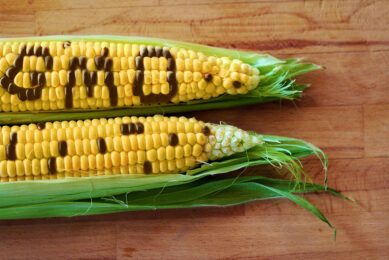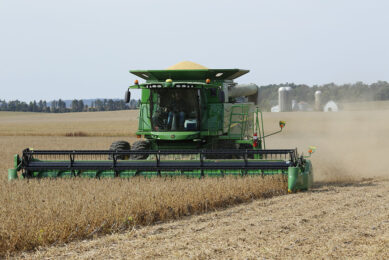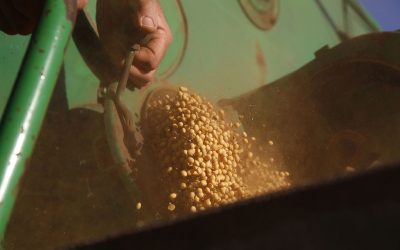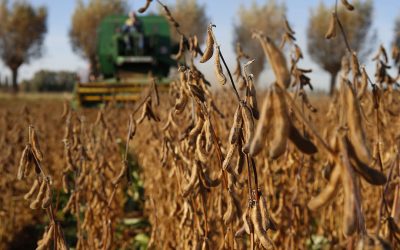Russia to continue importing GMO soybeans until 2023
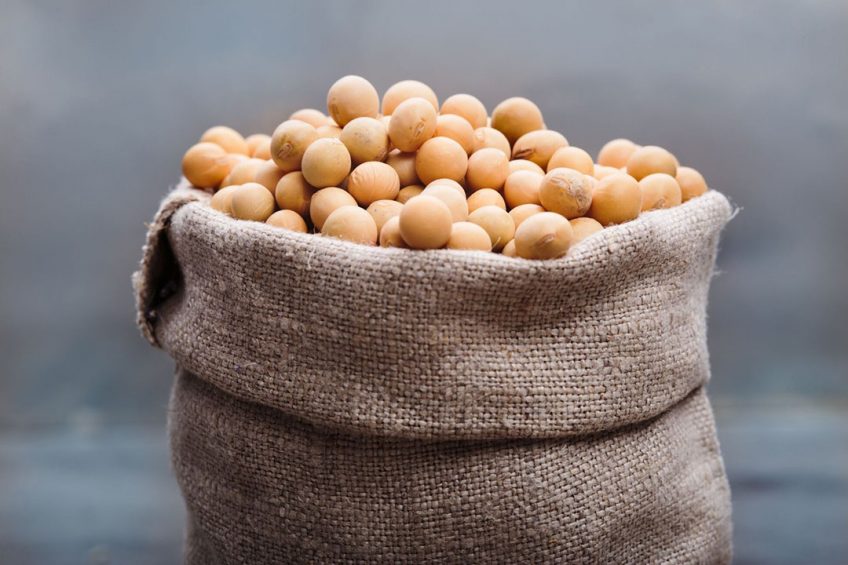
The Russian Agricultural Ministry seeks to maintain the current rules for the importing of GMO soybeans in to the country until at least January 1, 2023, in order not to jeopardize “the feed procurement campaign, the business plans of livestock and poultry companies, and not provoke an increase in feed prices,” according to the explanatory note to the decree.
In April of 2020, the Ministry introduced a simplified regime of GMO soybean import. Several soybean lines, the safety of which had been confirmed by the Russian veterinary body Rosselkhoznadzor were withdrawn from under the mandatory state registration of GMO. In January of 2021, the simplified import regime was extended until January 1, 2022.
Aimed to avoid price hike on domestic feed market
The step is called to avoid a sharp rise in prices on the domestic feed market. In 2020, Russia harvested 4.3 million tonnes of soybeans, while the domestic demand stands at 5.5 million tonnes per year. Almost all soybeans imported in to Russia are under the simplified regime.
“The absence of the state registration does not imply the uncontrolled deliveries of GMO soybeans to Russia, but gives businesses the right to import raw materials with GM lines that had already been registered earlier, and had undergone numerous safety studies,” the Ministry said.
No impact on domestic soybean production
In addition, the Ministry said it didn’t expect that the domestic soybean production would be in any way hampered by the GMO imports since the number of lines subjected to the simplified regime remains rather limited. The entire imports of GM soybeans under the simplified regime are coming from Latin America.
Call to scrap registration of GM soybeans
Alexander Korbut, vice-president of the Russian Grain Union, told to the Russian magazine Agroinvestor that, in his opinion, the state registration of GM soybeans and meal needed to be entirely cancelled because it incurred considerable costs to the Russian businesses.
“We import livestock products from abroad where most countries use feed containing GMOs,” Korbut stressed, explaining that livestock products manufactured with the use of GM technologies one way or another find their way to the Russian grocery shelves.
“If the initiative to extend the cancellation of compulsory state registration has been sounded, then perhaps there is no alternative,” commented Sergei Mikhnyuk, chairman of the Russian Union of Feed Producers said. “It is also likely that this is some kind of temporary solution designed to avoid the logistical problems, which we often face lately, and it will provide the market with the necessary volume of raw materials.”




